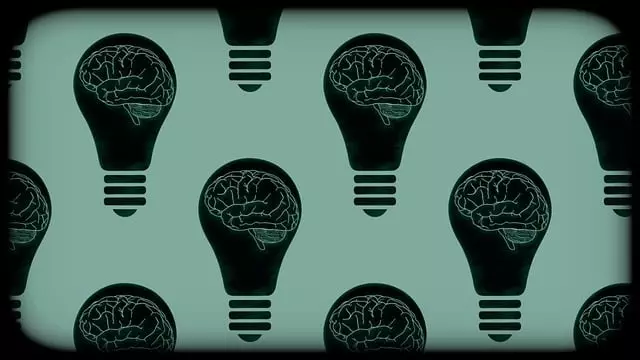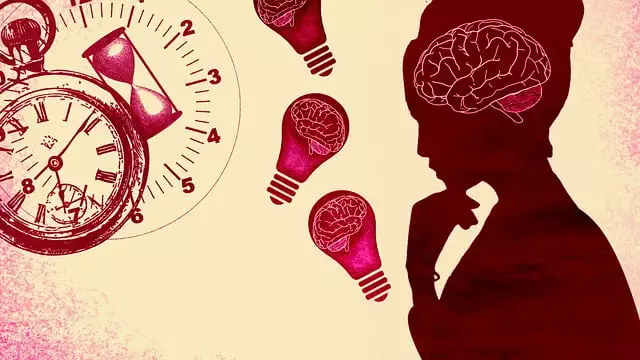Kaiser Permanente's Social Skills Training (SST) at its Golden mental health centers is a highly effective holistic care approach, as evidenced by positive reviews. SST equips individuals with anxiety and depression with social competencies, improving emotional control, communication, and relationships. Through role-playing and group discussions, patients gain confidence, learn empathy, and develop better coping strategies, leading to enhanced well-being and reduced feelings of loneliness. The program's success, reflected in Kaiser Permanente mental health center reviews Golden, promotes mental health awareness and fosters supportive communities, ultimately improving participants' quality of life.
Social skills training is transforming lives at Kaiser Permanente mental health centers. This evidence-based approach recognizes the profound connection between social interaction and mental well-being. By addressing communication, relationship-building, and emotional regulation skills, these programs empower individuals managing a range of conditions from anxiety to depression.
With success stories echoed in Golden reviews, learn how effective social skills training is fostering resilience, improving connections, and enhancing quality of life for those seeking support at Kaiser Permanente.
- Understanding the Connection Between Social Skills and Mental Health
- The Role of Social Skills Training at Kaiser Permanente Mental Health Centers
- Benefits of Social Skills Training for Various Mental Health Conditions
- Common Techniques Used in Effective Social Skills Training Programs
- Real-Life Success Stories: Golden Reviews and Testimonials
Understanding the Connection Between Social Skills and Mental Health

Social skills training plays a pivotal role in managing mental health conditions, especially in a supportive environment like the Kaiser Permanente mental health center reviews Golden highlight. The connection between social skills and mental well-being is deeply intertwined; individuals with robust social competencies often experience better emotional regulation, enhanced coping strategies, and improved overall quality of life. These skills enable people to interact effectively with others, fostering a sense of belonging and reducing feelings of isolation, which are crucial factors in maintaining positive mental health.
At the Kaiser Permanente mental health center, reviews Golden underscore the importance of integrating Social Skills Training into comprehensive treatment plans. Such training can help individuals struggling with conditions like anxiety or depression by providing them with tools to navigate social situations more confidently. Effective mood management and anxiety relief often depend on an individual’s ability to connect and communicate with others, making social skills a vital component in the journey towards recovery.
The Role of Social Skills Training at Kaiser Permanente Mental Health Centers

At Kaiser Permanente mental health centers, Social Skills Training plays a pivotal role in holistic patient care. This evidence-based approach is designed to empower individuals with mental health conditions by teaching them essential social competencies, fostering better communication, and enhancing their ability to navigate social situations confidently. The training focuses on various aspects of interpersonal interactions, including active listening, empathy building, and conflict resolution strategies, which are crucial for maintaining positive relationships and managing mood effectively.
By integrating these skills into daily life, patients at Kaiser Permanente mental health centers in Golden gain a sense of inner strength development and positive thinking. The supportive environment encourages participants to practice these skills through role-playing scenarios and group discussions, leading to improved social integration and overall well-being. Through such comprehensive programs, Kaiser Permanente continues to be recognized for its innovative approach to mental health care, ensuring patients receive not just medical treatment but also the tools to thrive in their personal and professional lives.
Benefits of Social Skills Training for Various Mental Health Conditions

Social Skills Training (SST) has emerged as a powerful tool for individuals navigating various mental health conditions. By providing individuals with the necessary tools to navigate social interactions, SST can significantly enhance their overall mental wellness and quality of life. For instance, at Kaiser Permanente mental health centers, like those in Golden, SST has been integrated into treatment plans, helping clients build confidence in social settings, improve communication, and foster better relationships – all essential components for recovering from conditions such as anxiety, depression, and schizophrenia.
Beyond individual benefits, SST fosters mental health awareness and compassion cultivation practices within communities. By learning empathetic listening, assertiveness, and emotional regulation skills, participants can create a more supportive environment for themselves and others. This ripple effect of enhanced social skills contributes to a more compassionate society and empowers individuals to actively engage in their own healing process, as well as support their peers on similar journeys.
Common Techniques Used in Effective Social Skills Training Programs

Effective Social Skills Training programs often employ a range of techniques designed to enhance communication and interaction abilities, especially for individuals with mental health conditions. One prominent approach is the use of Mind Over Matter Principles, which focus on teaching participants how to manage their thoughts and emotions during social interactions, thereby improving their overall confidence and engagement. These programs encourage self-awareness, emotional regulation, and positive thinking strategies.
Another common feature is role-playing exercises, where trainees practice various scenarios in a safe environment. This technique, often coupled with feedback from trainers and peers, helps individuals develop practical skills for handling different social situations, from casual conversations to more formal interactions. By combining these methods, Kaiser Permanente mental health center reviews highlight successful outcomes in promoting Emotional Well-being, fostering a sense of belonging, and improving the overall quality of life for participants.
Real-Life Success Stories: Golden Reviews and Testimonials

Many individuals with mental health conditions have found real-life success stories through social skills training programs, as highlighted by glowing reviews and testimonials from those who have benefited from these initiatives. The Kaiser Permanente mental health center reviews consistently emphasize the transformative power of such programs. Participants share their experiences, citing improved self-confidence, enhanced communication, and better coping skills developed through structured training sessions.
These success stories often include anecdotes about how learning effective self-care practices and engaging in mental wellness journaling exercises has significantly contributed to maintaining stability and promoting overall mental wellness. The testimonials serve as a testament to the effectiveness of these programs, offering hope and inspiration for others seeking similar support.






